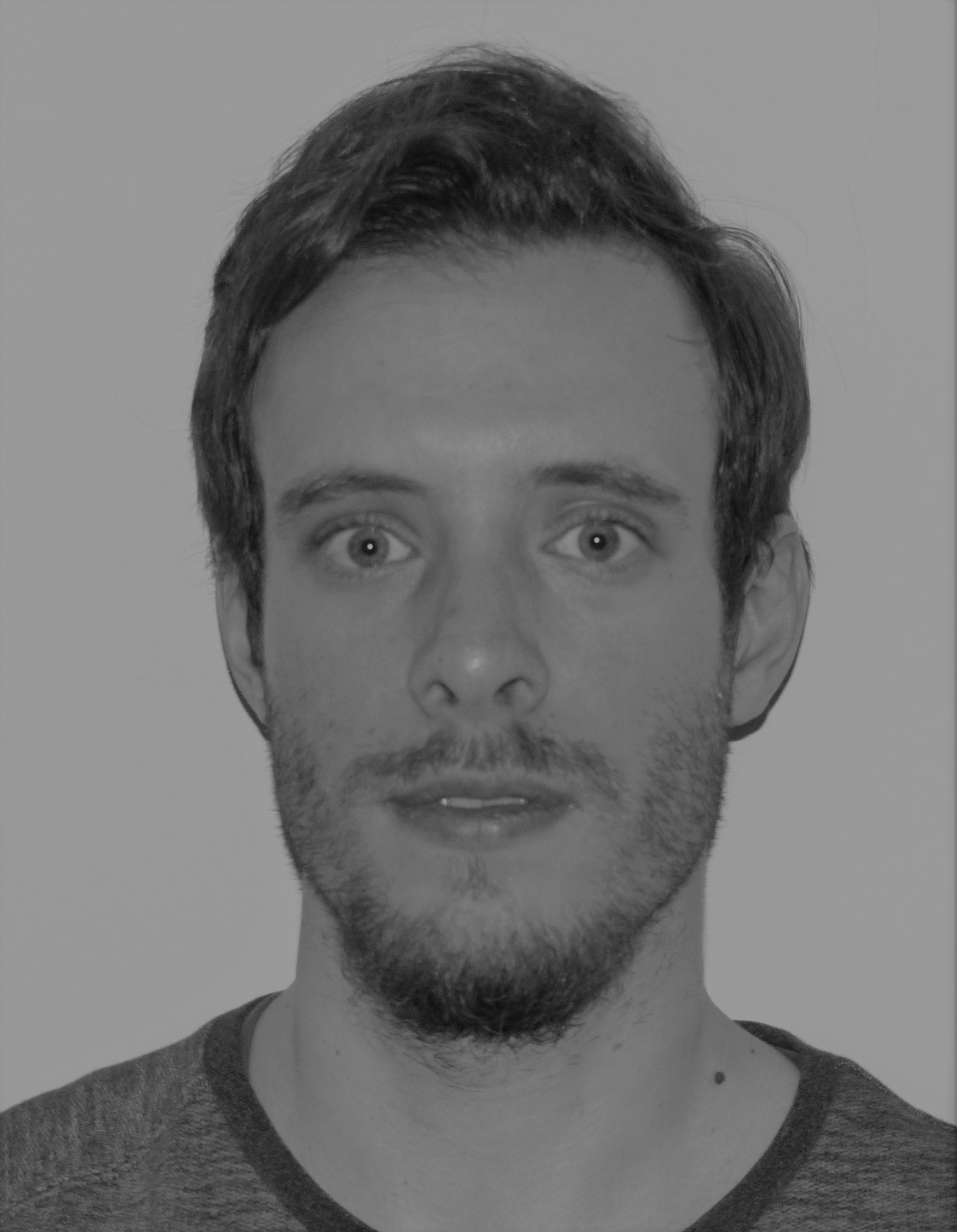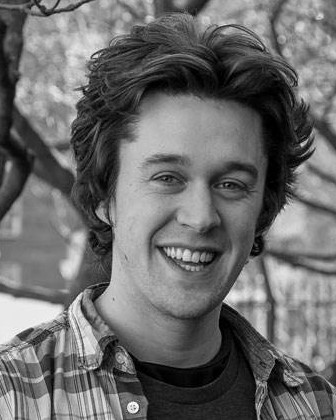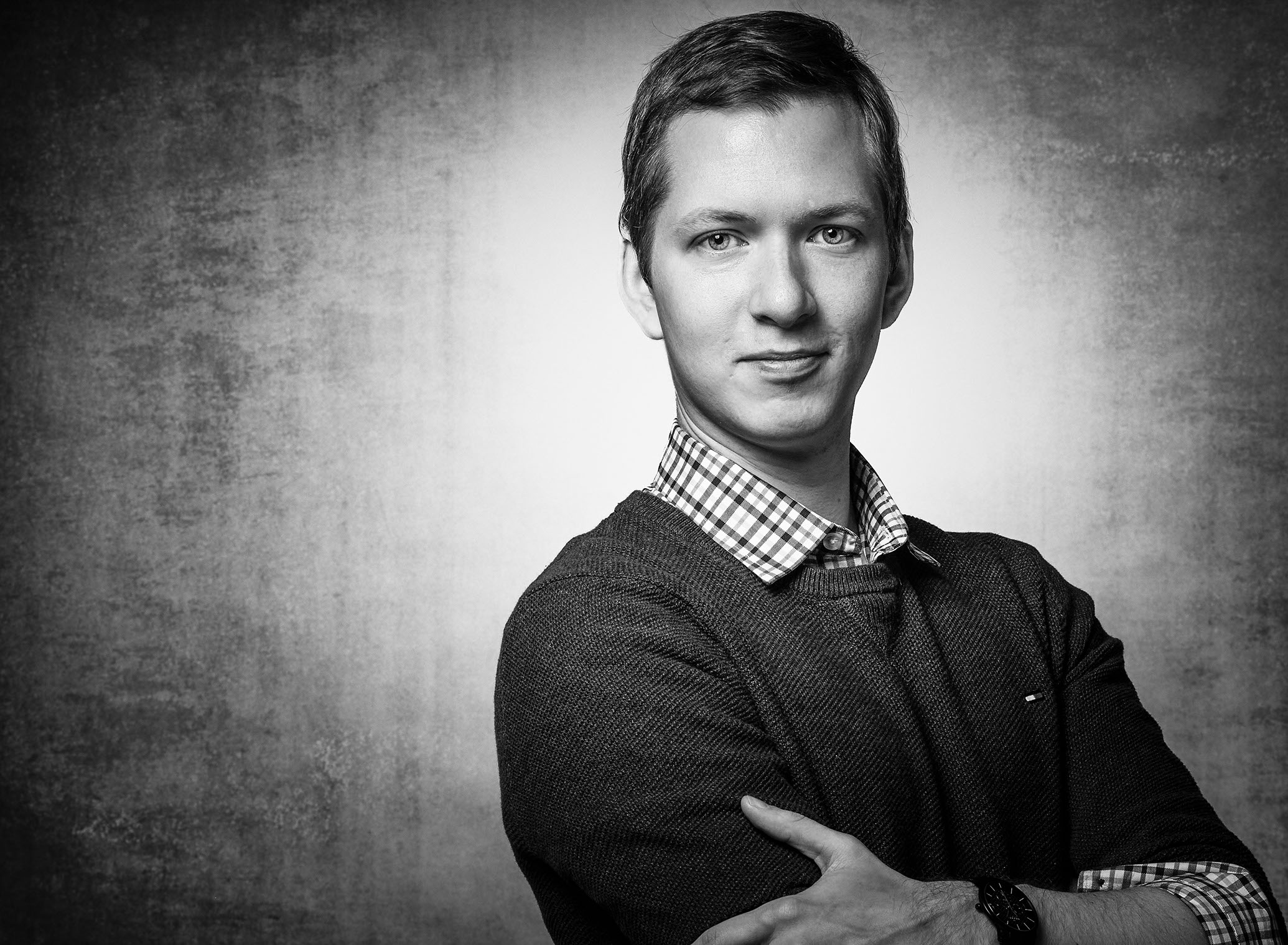Four EU Marie Curie Individual fellowships to the NBIA in 2020
 Caltech post-doc Clément Bonnerot has been awarded a two-year EU Marie Curie individual fellowship at the NBIA for a project that aims to understand astrophysical tidal disruption events. When an unlucky star wanders too close to a supermassive black hole, it gets torn apart by strong tidal forces. The strong collisions experienced by the debris and the subsequent gas accretion produce a powerful flare observable from Earth. These events represent unique laboratories to study black holes and probe the extreme phenomena that take place in their vicinity. A full exploitation of new observational data requires an improved understanding of the complex dynamics followed by the stellar debris and the resulting radiation. The project proposed by Clément will provide new insight into this process by means of self-consistent magneto-hydrodynamical simulations combined with a treatment of radiative processes.
Caltech post-doc Clément Bonnerot has been awarded a two-year EU Marie Curie individual fellowship at the NBIA for a project that aims to understand astrophysical tidal disruption events. When an unlucky star wanders too close to a supermassive black hole, it gets torn apart by strong tidal forces. The strong collisions experienced by the debris and the subsequent gas accretion produce a powerful flare observable from Earth. These events represent unique laboratories to study black holes and probe the extreme phenomena that take place in their vicinity. A full exploitation of new observational data requires an improved understanding of the complex dynamics followed by the stellar debris and the resulting radiation. The project proposed by Clément will provide new insight into this process by means of self-consistent magneto-hydrodynamical simulations combined with a treatment of radiative processes.

Former NBIA post-doc Benjamin Brown has been awarded a two-year EU Marie Curie individual fellowship at the NBIA for a proposal based on an investigation of quantum error correction in quantum computing. This essential subfield of quantum information looks at how to put noisy quantum systems together in such a way that we can still build a working quantum computer, even if some of its components fail. Ben’s project is based on establishing the design of practical new blueprints for a working quantum computer using modern laboratory apparatus. The crucial criterion is that it can be scaled to solve important problems that are currently intractable.
 NBIA postdoc Tyler Corbett has been awarded a two-year EU Marie Curie individual fellowship at the NBIA for a proposal called SMEFT ONE. Tyler's project proposes to improve on calculations in the mathematical framework referred to as the "Standard Model Effective Field Theory" by extending them beyond the leading perturbative order. The core of this proposal is the improvement of calculations between different measurements at the Large Hadron Collider (LHC) including those relevant to the properties of the Higgs boson and Electroweak gauge boson scattering. These calculations will serve to improve our understanding of the data coming from the LHC and inform decisions relating to future collider projects' designs.
NBIA postdoc Tyler Corbett has been awarded a two-year EU Marie Curie individual fellowship at the NBIA for a proposal called SMEFT ONE. Tyler's project proposes to improve on calculations in the mathematical framework referred to as the "Standard Model Effective Field Theory" by extending them beyond the leading perturbative order. The core of this proposal is the improvement of calculations between different measurements at the Large Hadron Collider (LHC) including those relevant to the properties of the Higgs boson and Electroweak gauge boson scattering. These calculations will serve to improve our understanding of the data coming from the LHC and inform decisions relating to future collider projects' designs.

NBIA Assistant Professor Evert van Nieuwenburg has been awarded a two-year EU Marie Curie individual fellowship at the NBIA for a proposal called ConQuER. During the project, Evert will continue shaping the application of Artificial Intelligence (AI) to experimental control in condensed matter quantum systems. The proposed research program is divided into three major themes, all of them utilizing what is called Reinforced Learning, a type of machine learning where a computer proposes actions on the environment which in return provides a reward. The researcher’s task is therefore to device a reward scheme that will optimize the actions and achieve the best solution to the given task. The project involves close collaboration with experimentalists at the Center for Quantum Devices.
